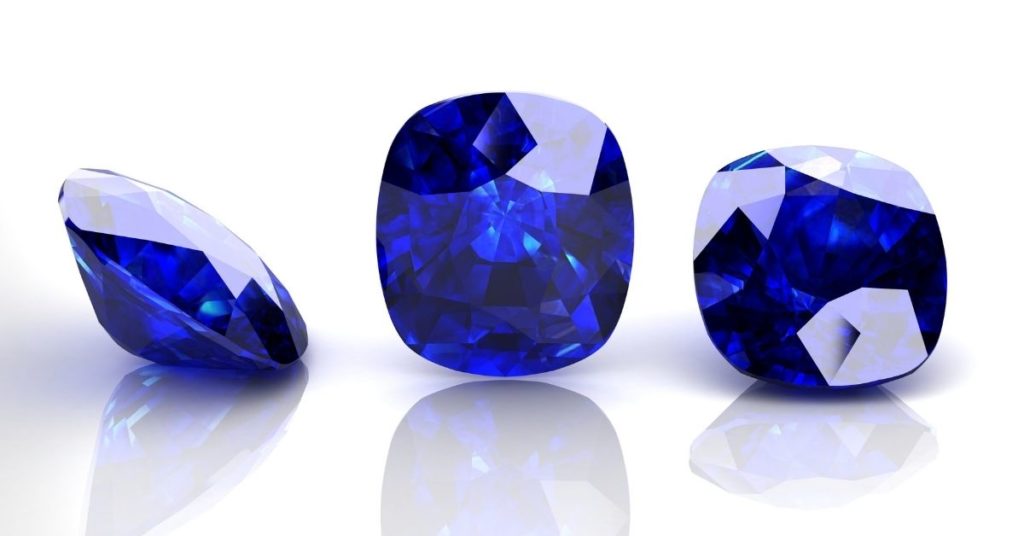Why is Synthetic Sapphire Valued in Various Industries?
In a world driven by technological advancements and innovation, the demand for cutting-edge materials has never been higher. One such material, synthetic sapphire, has emerged as a true gem in various industries due to its remarkable properties and versatility. This article explores the fascinating journey of synthetic sapphire, shedding light on why it is highly valued across a spectrum of applications.
Understanding Synthetic Sapphire:
Synthetic sapphire, also known as created sapphire, is a lab-grown crystal that shares similar properties with its natural counterpart but boasts enhanced purity and consistency. Composed of aluminum oxide, synthetic sapphire exhibits exceptional hardness, transparency, and thermal conductivity. These unique attributes make it a standout choice for numerous industrial applications.

Key Properties that Set Synthetic Sapphire Apart:
- Hardness and Durability: Synthetic sapphire ranks just below diamonds in terms of hardness, making it an ideal material for industries where durability is paramount. Its scratch-resistant surface ensures longevity, making it suitable for demanding environments.
- Optical Clarity: The crystal-clear transparency of synthetic sapphire allows for optimal light transmission. This property is exploited in various optical components, such as lenses and windows, where maintaining clarity is essential for performance.
- Thermal Conductivity: Synthetic sapphire possesses excellent thermal conductivity, making it an ideal choice for applications that involve high temperatures. This property is harnessed in industries ranging from electronics to aerospace.
Applications Across Industries:
- Electronics: The electronics industry has embraced synthetic sapphire for its use in LED manufacturing. Its thermal resistance and optical clarity make it an excellent substrate for LED chips, ensuring efficient light production.
- Aerospace: In aerospace applications, synthetic sapphire is utilized for its resistance to extreme temperatures and abrasion. It finds its place in windows for sensors and camera systems, contributing to the durability and reliability of aerospace components.
- Watchmaking: High-end watchmakers appreciate synthetic sapphire for its scratch-resistant properties. Many luxury watches feature synthetic sapphire crystals as protective coverings, ensuring the longevity and clarity of the timepiece.
- Medical Devices: The medical industry benefits from synthetic sapphire in various instruments, where its hardness and biocompatibility are valuable. Surgical tools, lenses, and endoscopes often incorporate synthetic sapphire for enhanced performance and longevity.
Environmental and Ethical Considerations:
Beyond its technical prowess, synthetic sapphire also offers environmental and ethical advantages. Unlike natural sapphires, the creation of synthetic sapphire in laboratories minimizes the environmental impact associated with mining. Additionally, the ethical concerns related to the sourcing of gemstones are mitigated, providing a responsible alternative for industries and consumers alike.

Conclusion:
In conclusion, the multifaceted appeal of synthetic sapphire lies in its exceptional properties, adaptability, and ethical sourcing. As industries continue to push the boundaries of innovation, the role of synthetic sapphire is set to expand further, leaving an indelible mark across electronics, aerospace, watchmaking, and medical fields. With its unique blend of hardness, transparency, and thermal conductivity, synthetic sapphire stands as a testament to human ingenuity, offering solutions that not only meet but exceed the demands of a rapidly evolving world.
Comments
Post a Comment